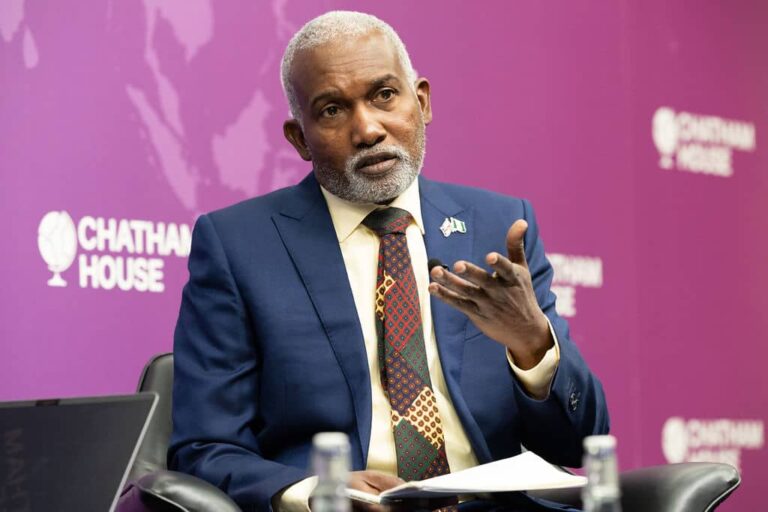
Federal Government has made mandatory the use of the National Identification Number (NIN) by Nigerians to access all social services and government palliatives.
The Secretary to the Government of the Federation (SGF), George Akume, revealed this in Lagos while inaugurating an Inter-Ministerial retreat on the Nigeria Digital Identification for Development (ID4D) project.
Akume, who was represented by Prof Babatunde Bolaji, emphasised that the provision of digital identity for all Nigerians remained a key priority of President Bola Ahmed Tinubu’s administration.
The SGF, who also serves as chairman of the Project Ecosystem Steering Committee (PESC) for the Nigeria Digital ID4D Project, reiterated his commitment to backing the National Identity Management Commission (NIMC) reforms aimed at repositioning the commission through the ID4D initiative.
Akume, in a statement made available to journalists, yesterday, by NIMC, called on all government agencies to support NIMC in building a robust and inclusive national identity system.
Speaking also at the event, the Minister of State for Humanitarian Affairs and Poverty Reduction, Dr Tanko Sununu, praised the NIMC leadership and the ID4D team for their progress so far.
He reaffirmed his ministry’s collaboration with NIMC to ensure that NIN was utilised as a prerequisite for accessing social services and palliatives targeted at vulnerable groups across the country.
On her part, the NIMC Director-General and Chief Executive Officer, Dr Abisoye Coker-Odusote, represented by Ayobami Abiola, Technical Assistant on Policy and Partnerships, expressed gratitude to the SGF and the minister for their support.
She assured PESC members of the commission’s dedication to delivering on its mandate.
In her remarks, the NIMC DG highlighted the importance of the retreat in fostering collaboration and innovation, saying: “The enthusiasm and collaborative spirit displayed at this retreat are truly encouraging. Our discussions today have not only highlighted our achievements but also paved the way for innovative solutions to the challenges ahead,” she said.
“We are confident that with sustained inter-agency collaboration and support from all critical stakeholders, we will fast-track our mission to reposition the national identity system, making it more robust and inclusive, ensuring that every Nigerian and legal resident has a verifiable digital identity and that no one is left behind.”


